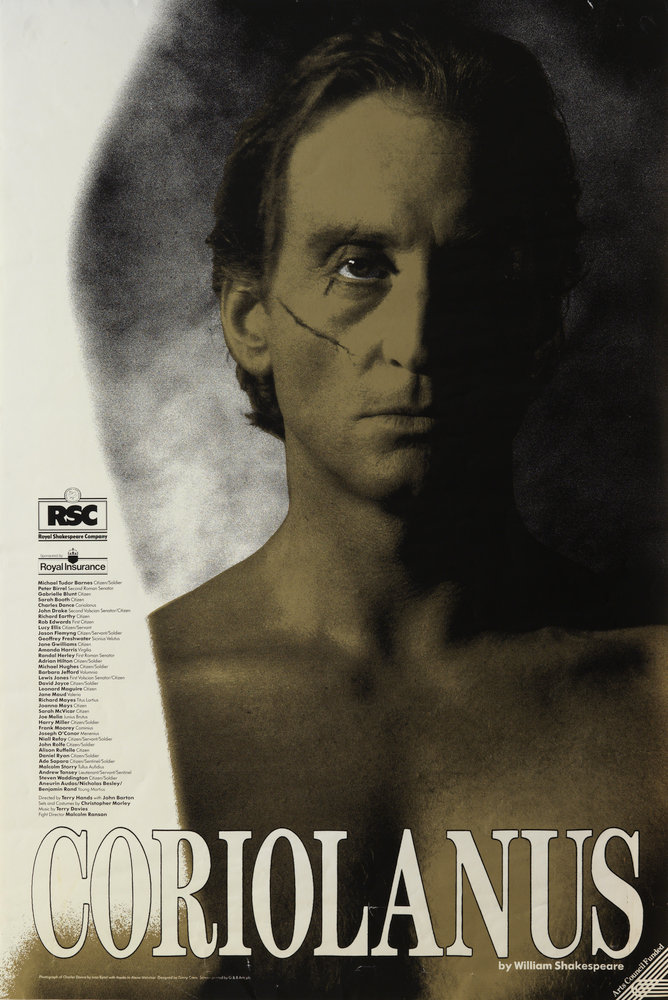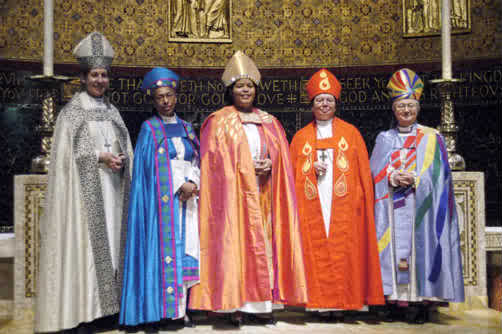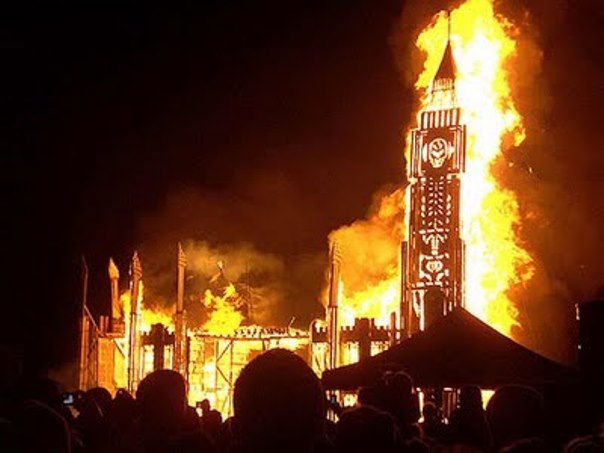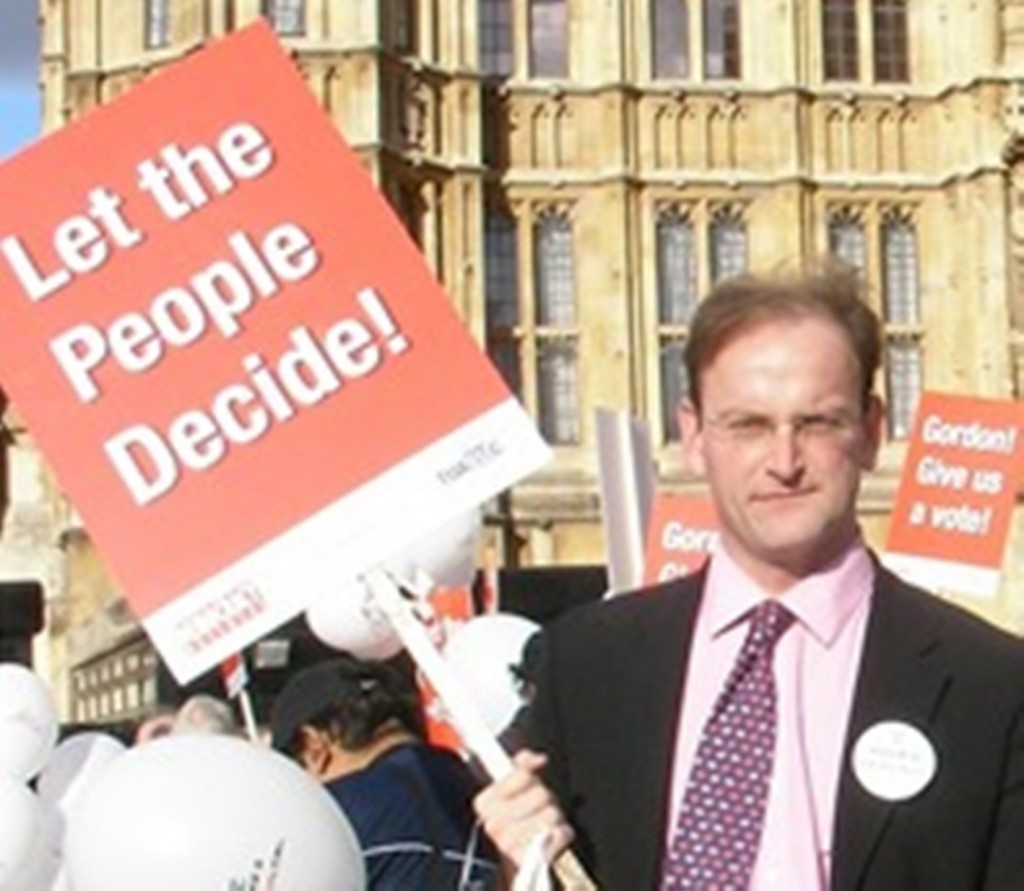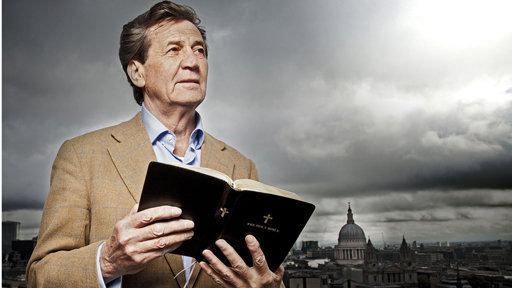Published by ConservativeHome
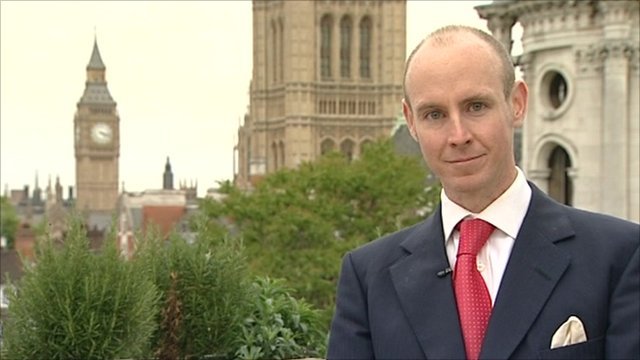 Daniel Hannan “bestrides the Atlantic like a majestic combination of Winston Churchill and Piers Morgan,” says Boris Johnson on the dust jacket of this book. The precise form of that disquieting chimera troubled my mind as I began to read the Introduction. But because Boris is an astute appraiser, judicious classicist and discerning patron, I settled down to what he promises will be a feast of anthropological scrutiny, philosophical insight, political polemic and epigrammatic anecdote.
Daniel Hannan “bestrides the Atlantic like a majestic combination of Winston Churchill and Piers Morgan,” says Boris Johnson on the dust jacket of this book. The precise form of that disquieting chimera troubled my mind as I began to read the Introduction. But because Boris is an astute appraiser, judicious classicist and discerning patron, I settled down to what he promises will be a feast of anthropological scrutiny, philosophical insight, political polemic and epigrammatic anecdote.
And that is exactly what you get – a narrative survey of a thousand years of evolving liberty expressed in page after page of clear-headed contemplation and premium prose. Hannan’s essential research question is: ‘What made the Anglosphere miracle possible?’, and the answer, in short, is to be found in the peculiarly English conception of liberty which incrementally defined an island nation, helped shape an empire and still interrogates the world. We obviously weren’t the first to free captives: that dispensation is found throughout classical antiquity. But the English and then the British were foremost in the conceptualisation of the principles of self-determination – individual rights, private property and personal liberty – which led inter alia to the common law, jury trials, religious pluralism, representative democracy, free markets, the rule of law and the abolition of slavery. Continue reading

